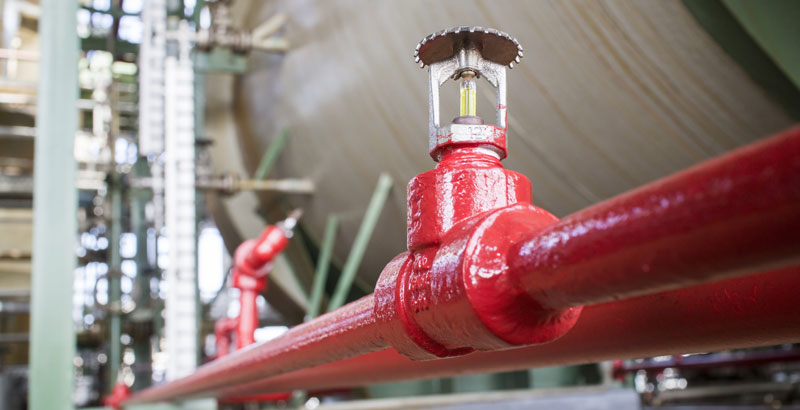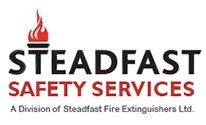
Fire suppression systems are used to detect and suppress fire hazards to help reduce the extent of damage, clean-up and interruption in the building. Most people will install fire suppression systems in order to safeguard financial records, health records, data storage rooms, industrial supplies and collectibles. Fire suppression systems must be well maintained in order to ensure they are in optimal operating condition.
How Do Fire Suppression Systems Work?
During a fire, different elements such as heat, oxygen and fuel react to produce the smoke and flames. Fire suppression systems are designed to disrupt the chemical reaction in any of the elements that are involved in a fire hazard. There are different kinds of fire suppression systems. Each is designed to offer fire protection Toronto differently. It is important to review the pros and cons of the different systems before investing in any one of them.
How Do Clean Agents Work In Fire Suppression?
To protect sensitive electronic equipment during fires, clean agents will use an electrically nonconductive gas to put out the fire. This kind of agent is well-suited in buildings with electronics and other valuable assets. The clean agents are best for suppressing fires in small spaces such as inside equipment or even a small cabinet. The same agents can also be designed for larger areas such as a data center. Probably the best advantage of clean agents is that they do not leave any residue after putting out a fire. Hence, there is no spent time on clean up after extinguishing the fire.
Can Clean Agent Suppressing Systems Harm The Environment?
There were some clean agent fire suppression systems that were found to be very harmful to the environment in older years. Today, technological advancements have made it possible to manufacture clean agents that are completely safe to use and dispose. Popular options such as FM-200 are known to be non-ozone depleting agents that are perfectly safe for the environment. When buying any fire suppression system, ask about the environmental impact it has.
Are Clean Agent Fire Suppression Systems Harmful To People?
Should you need to use clean agent suppression systems in an occupied area, be rest assured that the products are safe. Today’s clean agents have undergone thorough toxicity testing to ensure that they do not cause any harmful effects on humans. However, it is still important to exit a building whenever a fire has been detected. Clean agents do not pose any danger when used as part of a fire suppression system.
What Happens During Fire Suppression Maintenance?
Whenever the fire suppression system is undergoing routine inspection, all the detectors will be tested and cleaned. Other activities that will be conducted by the inspector include checking input and output circuits, cylinder pressures and weights and visually inspecting the nozzles and piping. The inspector will also check the fire suppression system for any changes in hazard integrity. Review all the aspects of the inspection that will be carried out to know what to expect. Remember inspections are vital to keep your fire suppression system performing optimally.





